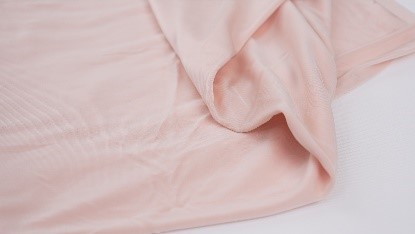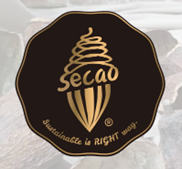
SPONSORED CONTENT – The global textile industry is facing environmental challenges. Concerns include water pollution, high energy consumption, and chemical usage. Companies are urged to adopt sustainable practices, reduce waste, and promote eco-friendly materials to mitigate the industry’s impact on the environment.
To combat these issues, Taiwanese textile companies are taking proactive measures to address the negative environmental impact of the apparel industry. They are leveraging their expertise in material innovation to develop sustainable fabrics that consume fewer resources, such as water and energy, and utilise natural and recyclable materials. These endeavours have resulted in the creation of fully recyclable functional textiles, the implementation of printing techniques that conserve water and energy and the design of skin-friendly protective equipment.
The Taiwan Textile Federation has conducted an online product launch event to showcase the latest sustainable outdoor sports textiles and technologies. In this virtual tour, 7 innovative textile firms from Taiwan will be showcasing their latest sustainable textile solutions that turns waste into textiles. Click here to participate in this amazing virtual tour and receive valuable info about:

Vegan Silk – a cellulosic fiber obtained from the linter of cotton plant whose natural origin ensures it’s environmentally gentle. Moreover, its ability to biodegrade naturally contributes to its eco-friendliness. Vegan Silk stands as a cooling fiber, embodying sustainability and environmental consciousness.

Inspired by the impressive methods animals employ to repel water, DNW Fabric (Dynamic Non-Wicking fabric) has been developed. By incorporating PFOA free hydrophobic yarn, DNW Fabric exhibits water-repellent properties, ensuring comfort and dryness, even in wettest conditions.

STORMEGA™ is an innovative technology that combines softshell and air layers to create a single-layer woven fabric. The densely woven fabric offers exceptional durability and water resistance, while the 3D hollow layer efficiently captures and retains body heat. STORMEGA™ strikes a perfect balance between breathability and wind resistance.
Secao® is a yarn derived from agricultural waste, specifically Cacao shells. Secao® not only addresses the issue of agricultural waste but also contributes to environmental sustainability by accelerating decomposition and reducing the burden on the environment.
The virtual tour features these companies and their latest sustainable developments:
Be Be Cotton’s Vegan Silk is suited for all seasons and can combat the unpredictable climate changes together with the new Athleisure theme.
Junmay Label’s recycled woven textiles & labels are certified by GRS from recycling stage to final transaction.
San Fang Chemical’s aerofilm can combine with PET Membrane and fabrics to meet circular economy.
Sunny Special’s SOLAPEL technology is a sustainable solution for enhancing the performance and durability of garments.
GrandeTex’s Secao® is based on agricultural waste, which makes it truly biodegradable.
U-Long High-Tech’s DNW Fabric is versatile and can be used in a wide range of applications where water resistance, durability, and comfort.
SINGTEX®’s STORMEGA was selected as Best Product, the highest honour of ISPO TEXTRENDs 2023/24FW.
There’re many more sustainable textile firms and products in Taiwan, if you would like to learn more about their exciting new developments, please contact Nizy Pong / nizy@textiles.org.tw or visit the TEPP project website for more info:
https://export.textiles.org.tw/en/index.aspx (Ad. By BOFT)














